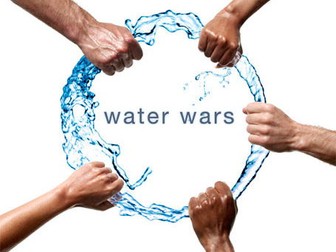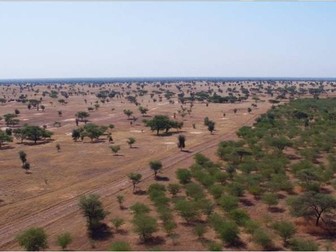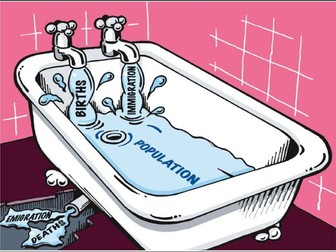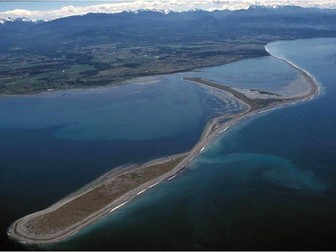WJEC 9-1: How has climate changed since the Ice Age? What's the evidence?
Lesson 1 for WJEC A 9-1 Weather, Climate and Ecosystem (Theme 5). Lesson address how climate has changed since the end of the last ice age and helps students with description. Students can complete a carousel or teacher-led activity (teacher's choice) addressing the evidence to suggest long-term climate change. Plenary involves an evaluative exam question.





